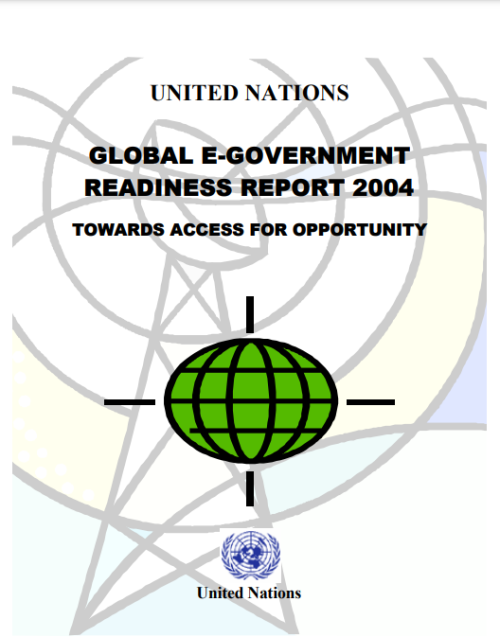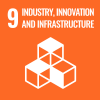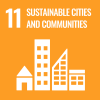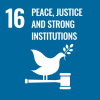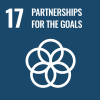Towards Access for Opportunity
Economic and social empowerment today rests on the ability to access, gather, analyze and utilize information and knowledge to widen individual choices for political, economic, social, cultural and behavioral decisions. ICTs are the conduits which transmit information and knowledge. By integrating technology into development planning, more effective and speedy solutions can be found for economic growth and sustainable human development. However, the reality is that access to - and the distribution of - the tools for knowledge and wealth creation are highly unequal both among, and between, countries of the world. The disparities in access to ICT-related development are large and likely to become larger, at the current rate of technological advancement – and adoption – in a select few countries of the world. As more of the services in an economy come online those without access will be marginalized.
Drawing upon the Millennium Development Framework, this year’s UN Global E-Government Development Report 2004 comprises two parts. Part I presents the UN Global E-Government Development Survey 2004 while Part II of the Report presents a special focus on what constitutes disparity in access to ICT.
Part II of the UN Global E-Government Development Report 2004 delves into the issue of what constitutes a lack of access for opportunity or the ‘access- opportunity divide’, what defines it, what governs it and where are the countries of the world placed in terms of their access to ICTs. The Report proposes taxonomy of countries according to their access opportunities. In doing so it posits the Access for Opportunity Framework: a structured re-thinking about accelerating ‘real access’ for all. Tracking the relative progress of member states in implementing their ICT and e-government programs, it contributes to a better understanding of the various facets of the digital divide and the lack of real access.
 Welcome to the United Nations
Welcome to the United Nations
